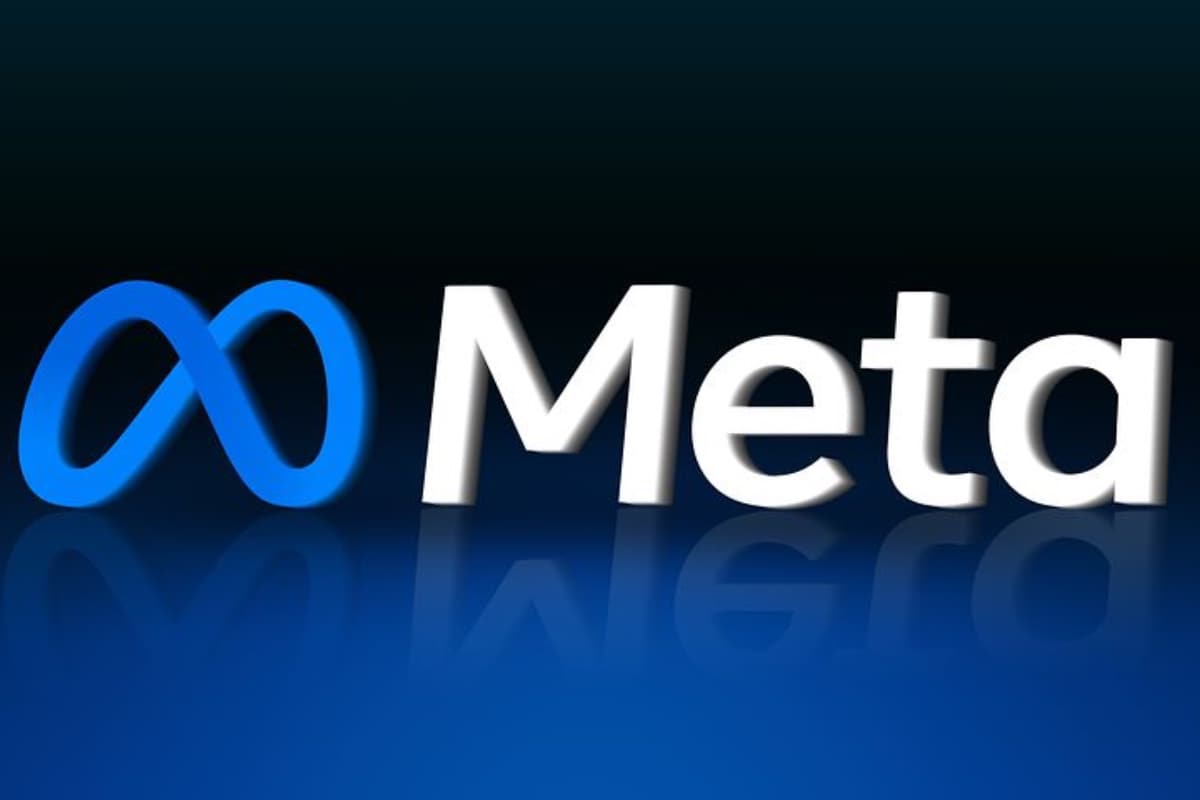Products You May Like
Social media giant Meta India’s Vice President and Managing Director Ajit Mohan at a Delhi-based think tank event on Thursday lauded the Indian government and its policy, regarding the Internet and its security.
“We welcome government regulation. In India, the government has been vocal about holding companies accountable for internet safety and we are fully aligned with this agenda,” Ajit Mohan said.
Meta owns Facebook, Instagram, and WhatsApp, among other products and services. It was formerly known as Facebook.
“The way the Indian government has promoted internet services in the country and practically digital services, it is a remarkable work and it is a matter of recognition,” the head of Meta India mentioned in his conversation that is how India is the power of wireless.
“What we have seen in India is the power of wireless. The digital transformation in India had started even before the COVID-19 pandemic. Low-cost 4G has been the key catalyst for the digital revolution,” he said.
India’s digital revolution is not limited to social media and internet services, rather it has transformed into big businesses and creating vibrant opportunities in the field of startups, entrepreneurs and transactions through high-quality internet services.
“The pandemic exposed people to a more digital way of living. We are now at a stage where more than a billion people in India have access to high-quality internet which will change the way we experience most services. The digital economy has led to a boom in entrepreneurship and the way business is conducted in India,” Ajit Mohan said during the discussion.
“We have found that if we build a platform that enables small business, it also leads to multiple benefits for us. We differentiated ourselves by serving small businesses and not just large clients,” he added.
Recently, several social media giants have faced criticism across the country regarding data compromise and hate speeches, with the Meta India chief clarifying how Meta and its companies are complying with the laws.
“We look at content moderation through two lenses: Adhering to public guidelines suited to local conditions and compliance with local laws. Our economic incentives are aligned with safety and security; marketers don’t want to advertise on unsafe platforms,” he said.
In his last comment, he said how Meta was making it more transparent for its consumers and had clearly mentioned about transparency policy.
He said there was value in moving towards more transparent algorithms and allowing for more explicit choices from consumers. “We are trying to work out mechanisms to allow for more transparency,” he said.
